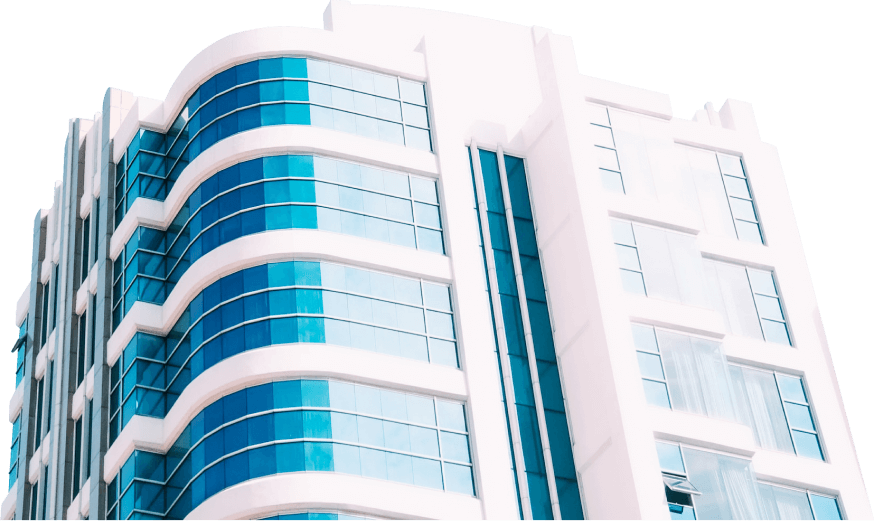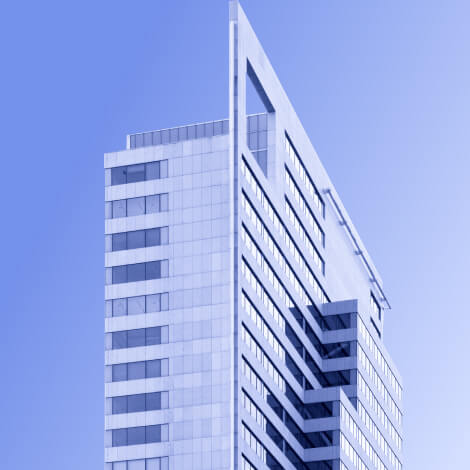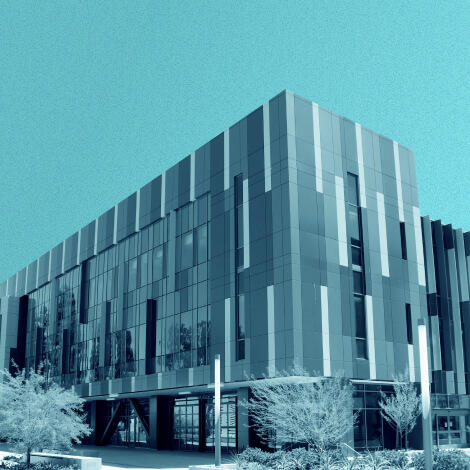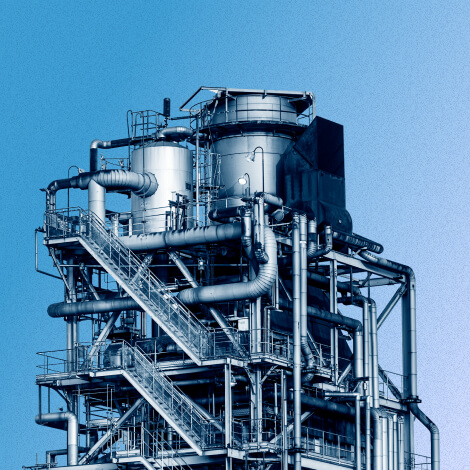Commercial program
Welcome to Benchmark Insurance Group, where we understand the importance of safeguarding your commercial properties. Our Commercial Property Insurance Program is a comprehensive solution designed to protect your assets and business operations. Learn more about our program, its key features, and why choosing Benchmark is a strategic decision for securing your commercial properties.
Get Coverage

Details
About our Commercial Property insurance program
Our Commercial Property Insurance Program is crafted to meet the diverse needs of businesses, providing robust coverage for commercial properties and assets. Whether you own office buildings, retail spaces, industrial facilities, or other commercial real estate, Benchmark is your trusted partner in risk management.

Key features of our Commercial program
Building coverage
Comprehensive protection for the physical structure of your commercial property against covered perils such as fire, theft, vandalism, and more.
Business personal property insurance
Coverage for your business assets, including equipment, inventory, furniture, and other personal property, both inside and outside the premises.
Business income and extra expense
Protection against financial losses resulting from a covered event that interrupts your business operations, including reimbursement for lost income and extra expenses.
General liability insurance
Coverage for bodily injury, property damage, and personal injury claims arising from your business operations.
Equipment breakdown insurance
Protection for repair or replacement costs of essential machinery and equipment in the event of mechanical breakdown.
Commercial auto insurance
Coverage for vehicles used for business purposes, including company-owned cars, delivery vehicles, and more.
Why choose Benchmark's
Commercial property
insurance program
01 Industry expertise
Benchmark Insurance Group brings industry expertise to the table, understanding the unique risks and challenges faced by businesses with commercial properties.
02 Tailored solutions
Our insurance solutions are customized to match the specific needs and characteristics of your commercial properties, ensuring comprehensive coverage.
03 Risk management
Proactive risk management guidance to help identify and mitigate potential risks, protecting your business from unforeseen events.
Frequently asked questions
Our program covers a range of commercial properties, including office buildings, retail spaces, industrial facilities, and more.
Our team will work closely with you to assess your specific requirements and tailor a coverage plan that aligns with your business operations.
Benchmark Insurance Group combines industry knowledge, personalized service, and a commitment to excellence, providing a comprehensive insurance experience for commercial property owners.
Secure your
Commercial properties
with Benchmark insurance group
Our Commercial Property Insurance Program is suitable for various commercial properties, including but not limited to:
-

An office building is a commercial structure specifically designed and constructed to accommodate various offices and businesses. These buildings serve as centralized locations where organizations, companies, or professionals can conduct their day to day operations, administrative tasks, and business activities. Office buildings are integral components of urban and suburban landscapes, providing functional spaces for work, collaboration, and professional endeavors.
-

Retail spaces refer to commercial areas specifically designed and designated for the sale of goods and services to consumers. These spaces are where businesses, known as retailers, interact with customers, display merchandise, and conduct transactions. Retail spaces come in various forms, including storefronts, malls, shopping centers, and standalone stores, and they serve as the physical locations where retail businesses operate and engage with their target audience.
-

Industrial facilities refer to structures, complexes, or spaces specifically designed and equipped for the manufacturing, processing, production, and storage of goods and materials. These facilities play a crucial role in various industries, contributing to the creation and distribution of products across different sectors. Industrial facilities vary widely in size, scale, and purpose and they encompass diverse sectors such as manufacturing, logistics, warehousing, and more.
-

Warehouses are commercial buildings or storage facilities designed for the purpose of storing, handling, and managing goods, materials, and products. They serve as key components in the supply chain, providing a centralized location for the temporary storage of items before they are distributed, sold, or further processed. Warehouses vary in size, structure, and functionalities, catering to the diverse needs of industries such as logistics, retail, manufacturing and more.
-

Hospitality establishments refer to businesses that provide lodging, accommodations, and various services to travelers, tourists and guests. These establishments are designed to offer a welcoming and comfortable environment, ensuring that visitors have a pleasant and enjoyable experience during their stay. The hospitality industry is diverse and encompasses various services from lodging and dining to entertainment and recreation.
Types of customers
-
Small businesses
Small businesses including sole proprietors, partnerships, and small corporations, often seek commercial insurance to protect their assets, liability and operations.
-
Mid-sized businesses
Medium sized businesses with a larger workforce, more extensice operations, and higher revenue may require specialized commercial insurance to address the increased complexity of their risks.
-
Large corporations
Large corporations, including multinational companies, often have complex insurance needs that span multiple lines of coverage, such as property insurance, liability coverage, and employee benefits.
-
Manufacturers
Manufacturers require insurance to protect against risks relate to equipment breakdown, product liability, supply chain interruptions, and other industry specific challenges.
-
Retailers
Retail businesses whether small shops or large chains, seek insurance to cover property damage, liability, inventory loss, and other risks associated with their industry.
-
Restaurants and hospitality
Restaurants, hotels, and other hospitality businesses often require insurance coverage for property damage, liability, employee injuries, and potential food related risks.
-
Professional services
Professionals such as lawyers, accountants, consultants, and other service providers need professional liability insurance to protect against claims of errors, omissions, or negligence.
-
Technology companies
Technology firms face unique risks related to intellectual property, data breaches, and technology errors. They often require specialized insurance coverage for these specific challenges.
-
Construction and contractors
Construction companies and contractors need insurance to cover risks associated with construction projects including property damage, bodily injury and potential construction defects.
-
Transportation and logistics
Companies involved in transportation and logistics providers require insurance coverage for vehicle accidents, cargo damage and other industry specific risks.
-
Real estate
Real estate businesses including property management firms developers and landlords seek insurance coverage for property damage, liability, and potential legal challenges.
-
Healthcare providers
Healthcare professionals including doctors, dentists, and healthcare facilities require malpractice insurance to protect against claims of medical negligence.
-
Non profit organizations
Nonprofits need insurance coverage to protect their assets, directors and officers, and to address potential liabilities associated with their charitable activities.
-
Educational institutions
Schools, colleges, and universities seek insurance coverage to protect their campuses, students, and staff against risks such as property damage, liability, and student accidents.
-
Financial institutions
Banks, credit unions, and financial service providers require insurance coverage to protect against risks associated with financial transactions, data breaches, and regulatory compliance.